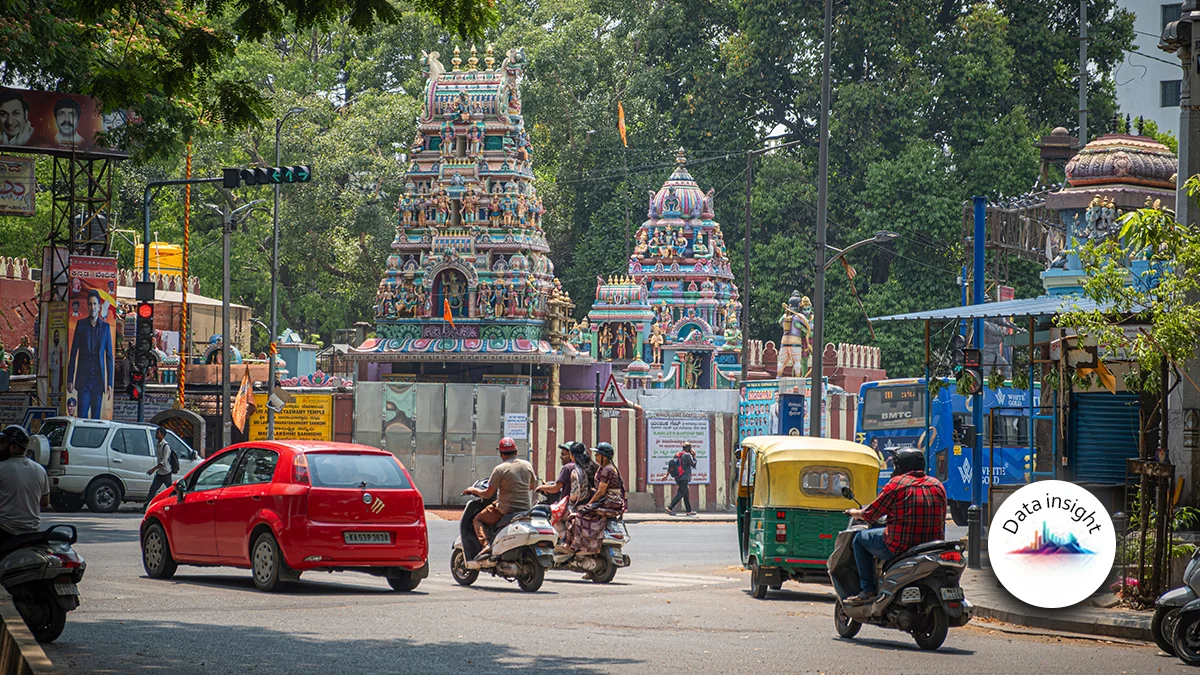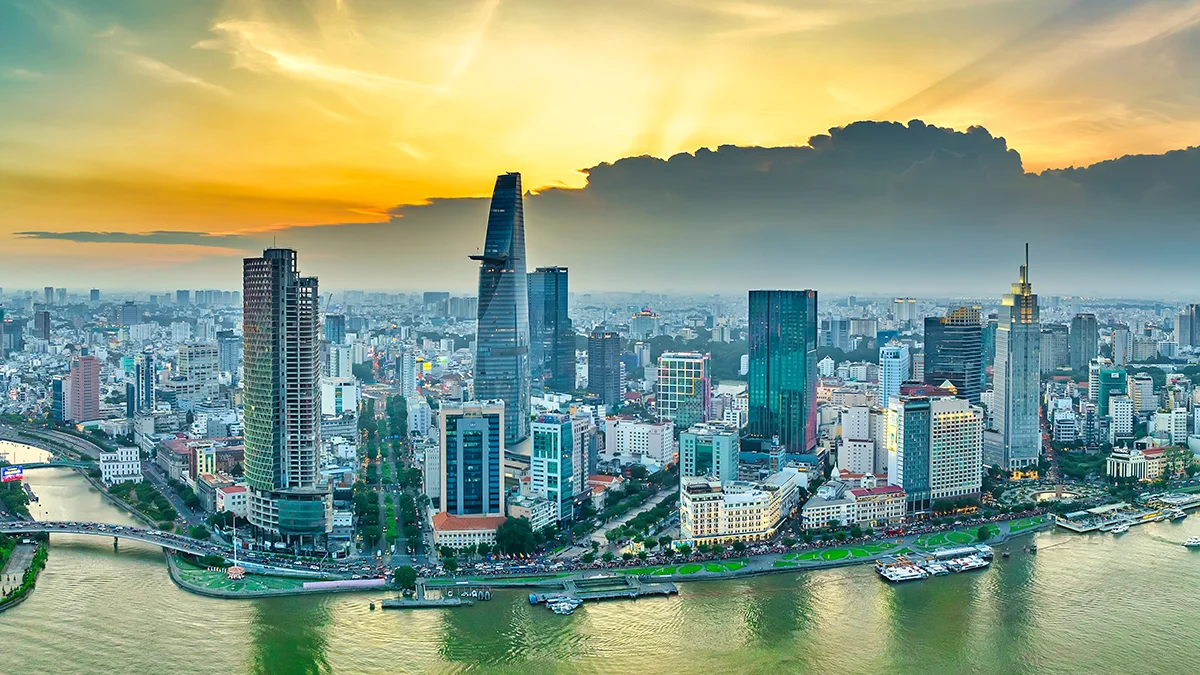(Re)in Summary
• Gen Z’s unique life priorities and unique risks mean underwriters need to take note of the generation’s preferences.
• Cookie-cutter approaches will no longer be as effective.
• Gen Z travellers are more adept at mitigating risks on their own.
• They also spend more on insurance, making experiential guarantees a good insurance opportunity.
• Prepare for a market dominated by Gen Z, panellists at ITC Asia said: build a diverse workforce, adapt insurance policies that attract and retain this generation, and use data and tech to segment and personalise products.
Gen Z have different life priorities and milestones and take different risks. These characteristics mean insurers will need to identify generation-specific risks and design products accordingly, panellists said at Insuretech Connect Asia (ITC Asia) in Singapore.
Gen Z – the demographic cohort born from 1997 onward – are shying away from traditional life milestones and opting for alternatives, said Vanessa Chen, Co-Founder of Singaporean insurtech startup CHOYS, an employee well-being platform.
“From an insurance point of view, it’s important for us to identify and understand what these new risks are and how to design products accordingly,” Chen said.
Underwriters will need to delve deeper into understanding these evolving risk behaviours and will need to develop more nuanced risk assessment models that account for the unique lifestyle of Gen Z policyholders, Chen added.
“Gen Z, they’re a lot more comfortable with telemedicine,” she said. “We also know that mental health has a very direct and very big impact on physical health, so should mental health also be taken into account when you are underwriting physical health-related group products?”
New generations bring with them new risks and opportunities, Chen said. “We know they take different risks. They like different things,” she added. “They participate in the gig economy, for example. So, can we provide coverage for people who don’t have a full-time job? Can we provide coverage for the digital assets they create?”
People born to a generation with the internet at its fingertips are able to do research better than others in the room, said CS Soong, CEO of travel insurer Klook Insurance.
Once insurers help them understand what’s important to them, Gen Z policyholders can become very loyal, he added.
“They don’t really need more information, and neither do they really want to be told what to do,” Soong said. “So, what’s going to be important to them is that they care a lot about their own belief systems, their own values.”
For Gen Z travellers, cookie cutter approaches just don’t cut it, Soong added. “You need to be able to really slice and dice your group and segment them accordingly and figure out what is the right product for them,” he said.
Gen Z travellers are also adept at mitigating risks on their own, said Jon Ford, Head of Partnerships in APAC at Zurich, and that has reflected in the numbers.
“We’re seeing 30 odd percent of our travel insurance business through millennials and Gen Z, but their claims ratios are about 20-30% lower than some of the older generations, and I’m sure that’s because of the data that they’re consuming at a rapid pace and being able to mitigate risk,” Ford said.
Three in five of millennial and Gen Z travellers spend half their budget on experiences, Soong said, and experiential travellers tend to spend more on insurance.
In response, insurers should also offer experiential guarantees and innovative partnerships to cater to Gen Z travellers.
“They may look for something like experiential guarantees, you know, satisfaction guarantees, that may really provide them with new protections,” said Kenneth Lai, Chief General Insurance Officer at AXA Hong Kong and Macau.
Insurers should also ultimately be prepared for a market dominated by Gen Z one day, said Ashvini Mei, Senior Innovation Manager at MS&AD Ventures. “We should look internally and try to start building a diverse workforce that can reflect the opinions of the customers that we’re trying to sell to in the future,” she said.
Embracing emerging technologies like GenAI and targeted marketing will only be the first step.
“We should also be very flexible to adapt our policies in order to attract and retain this generation in the long run,” she said.
The future of travel insurance will be driven by data and technology, as products become more segmented and personalised. “I think we need to be with where the Gen Z are shopping, and that’s on social media, and make sure that we’re supporting that education process of the importance of travel insurance and provide the right propositions for their specific needs,” said Ford. “We got to put the customer first and use technology to build new propositions specifically for our customers.”
























